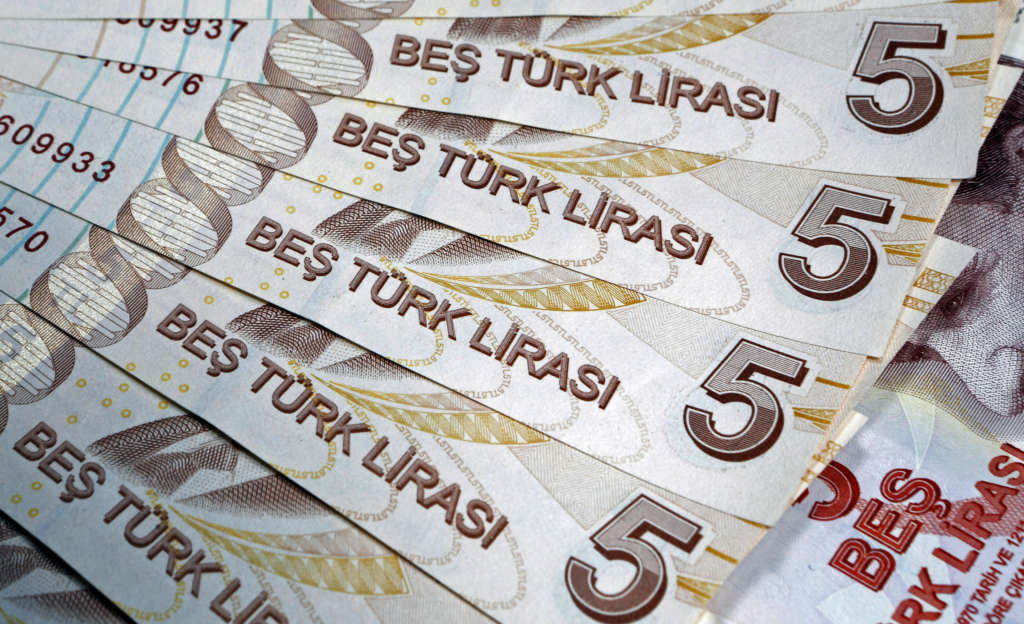Ankara- Turkey’s central bank said that recent tax adjustments mainly to tobacco products, food and energy groups, are expected to put upward pressure on December inflation.
The monetary policy committee unexpectedly held all interest rates steady facing the drop in Lira’s value against foreign currencies. The committee’s members said that the surging exchange rate and oil prices have had limited impact on inflation till this date.
In November, the Central Bank of Turkey has raised interest rates by 0.5 point after the value of Turkish Lira fell by 20% after the failed coup attempt in July.
Turkey has suffered from repercussions of the economic crisis in its traditional export markets mainly in the European Union and Russia. Burdens were maximized following the Russian embargo on Turkish imports from Russia, however, Turkish exporters were not remarkably affected by the national currency’s exchange difficulties as they have found new market.
The drop in tourism revenues caused by the security threats has also damaged the national economy, but, the continuous recovery of exports is expected to compensate some of the missed currencies led by the tourism’s retrogression.
In spite that inflation rate didn’t reached the government’s target, Turkey has kept on low interest rates amid expectations of inflation to surge. Therefore, Ankara has alleviated credit conditions on the civil Turkish citizens, increased its offers for the business sector, adopted fiscal reductions and supports to encourage investments. Yet, the investment climate in the country still needs more reforms that enhances investors’ trust mainly on the legal and legislative level.
The government has expected growth rate to surge to 3.25 by 2017 and 3.75% in 2018 due to the recovery of familial consumption and gradual improvement of exports.
However, threats cannot be ignored with the continuous military operations on the borders and an expected constitutional amendment aiming to promote the president’s provisions, and the military intervention in Syria.
In the same context, Mehmet Şimşek, as deputy prime minister for economic affairs said that his country has suffered from a lack in foreign currencies and that the government has worked on reducing restrictions imposed on these currencies in order to support businesses.
